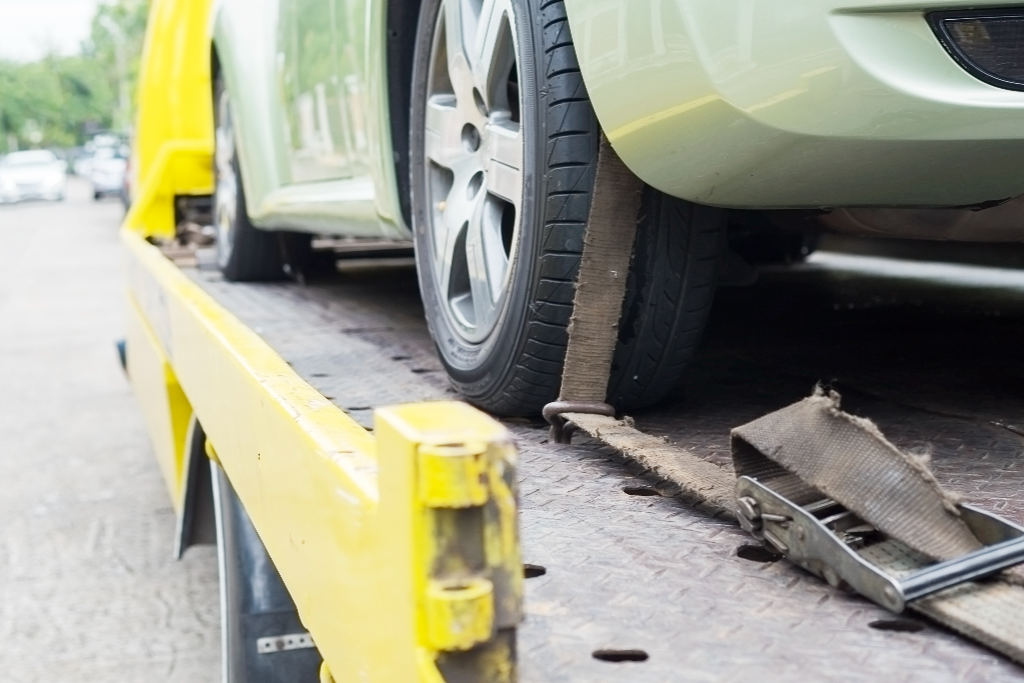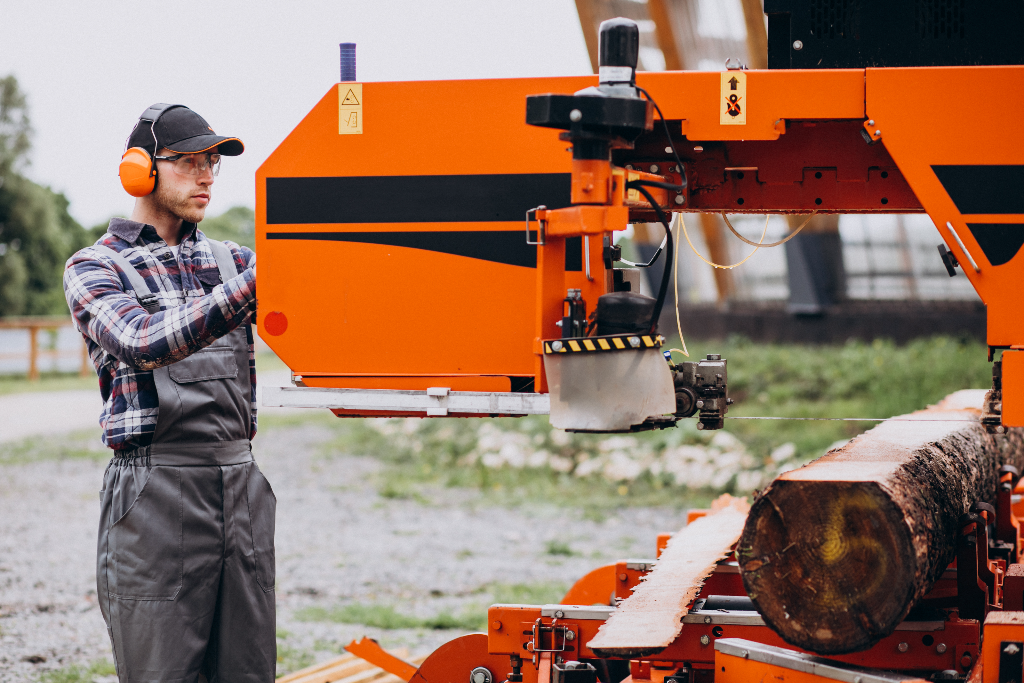If you have ever tried towing with a lifted truck, you probably already know the struggle. The truck looks tough and sits high, but once you hook up a trailer, the angles get all wrong. The trailer tilts, the weight feels off, and driving suddenly does not feel as steady as it should. That is exactly why people start searching for the best drop hitch for lifted trucks.

I have seen this problem countless times. Someone spends good money lifting their truck, only to realize later that towing is now a whole new challenge. The right drop hitch fixes that problem and makes towing smooth again. Let’s break it down.
Think about it like this. A lifted truck raises the receiver much higher than normal. Your trailer, however, stays the same height. Now picture connecting the two. Instead of a level setup, the trailer nose is pointing up. That is a recipe for sway, uneven wear on the tires, and more stress on your truck’s suspension.
A drop hitch lowers the ball mount so your trailer rides level with the ground. A level trailer is safer, easier to handle, and far less stressful during long drives. Without one, you are basically asking for trouble every time you tow.
Not every hitch will do the job. Here are a few things you need to look at before buying.
The drop size is the distance the hitch lowers from the receiver. Lifted trucks usually need a lot more drop than stock ones. While a regular truck might get by with a 4 or 6 inch drop, most lifted rigs need something in the 8 to 12 inch range.
Do not overlook this. Every hitch comes with weight ratings for both trailer weight and tongue weight. If your hitch is not rated for the load you plan to pull, it is not safe. Always match the rating to your heaviest trailer.
An adjustable drop hitch is a lifesaver. Instead of locking yourself into one fixed height, you can move the ball mount up or down. If you tow a boat one day and a camper the next, this flexibility saves time and money.
Heavy duty steel is the go-to for maximum strength. Aluminum is lighter and resists rust, but for the biggest trailers, steel is still king. Either way, you want something built tough.
Little things matter here. Some hitches have dual ball mounts, others use quick pins for adjustments. If you tow often, convenience will make your life easier.
Here is a simple way to measure:
That number is the drop you need. So if your truck’s receiver is 24 inches high and your trailer coupler sits at 16 inches, then you need an 8 inch drop hitch. Easy enough.
Truck owners usually end up choosing between three main styles.
This is the top choice for most lifted trucks. The ability to switch heights on the fly makes it worth every penny.
If you only ever tow one trailer and it is always the same height, a fixed hitch works fine. It is cheaper but not flexible.
For big loads like equipment trailers or livestock hauls, you need a heavy duty option. These are designed for high weight ratings and serious towing.
To be honest, once you have tried an adjustable drop hitch, it is hard to go back. I remember helping a buddy set up his lifted truck with one. He had a camper, a boat, and sometimes even pulled a small equipment trailer. Instead of buying three different hitches, the adjustable model handled them all. Quick pin, move the ball up or down, and he was good to go.
That flexibility is why most people call it the best drop hitch for lifted trucks. It is safer, easier, and more practical in the long run.
Even the best hitch will not keep you safe if you overlook the basics. Here are a few reminders:
A few minutes of caution can save you a lot of stress on the road.
Choosing the best drop hitch for lifted trucks is not about looks, it is about safety and performance. A lifted truck needs help bringing the hitch height back down to match the trailer. Without it, towing becomes risky.
For most people, an adjustable drop hitch is the smartest choice. It handles different trailers, offers quick adjustments, and gives you peace of mind every time you tow. Fixed hitches have their place, but flexibility often wins when you own a lifted truck.

Take the time to measure properly, pick the right weight capacity, and invest in a hitch that will last. Once you do, towing will feel steady, controlled, and far more enjoyable.
Measure the height of your truck receiver and the trailer coupler on level ground. Subtract the two numbers and that is the drop you need.
Yes. It saves you from buying multiple hitches and makes switching trailers much easier.
Not safely. The trailer will not sit level, which leads to sway and stress on your equipment.
Steel is strongest and better for heavy loads. Aluminum is lighter and resists rust, making it a solid option for lighter towing.
Always choose a hitch that matches or exceeds the heaviest trailer you plan to pull.
Discount Applied Successfully!
Your savings have been added to the cart.